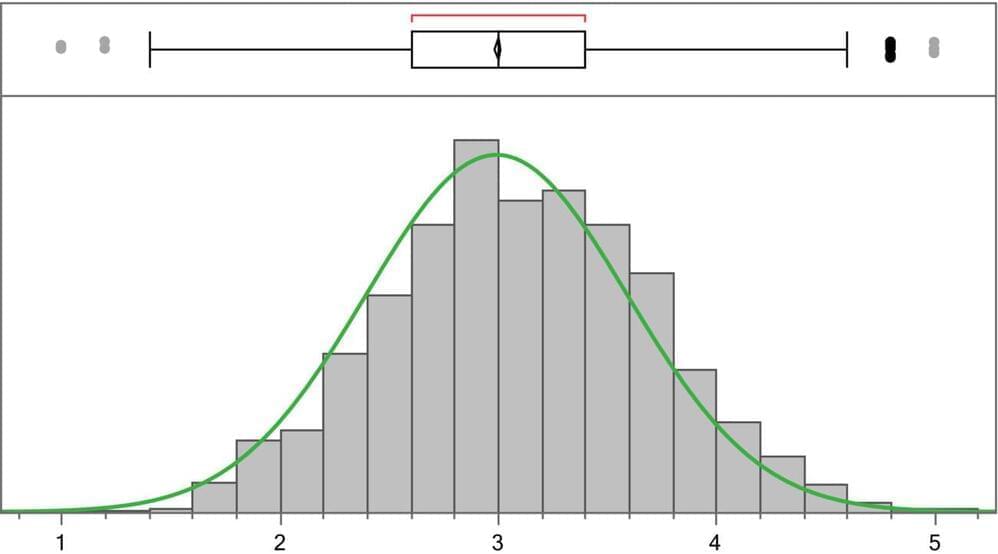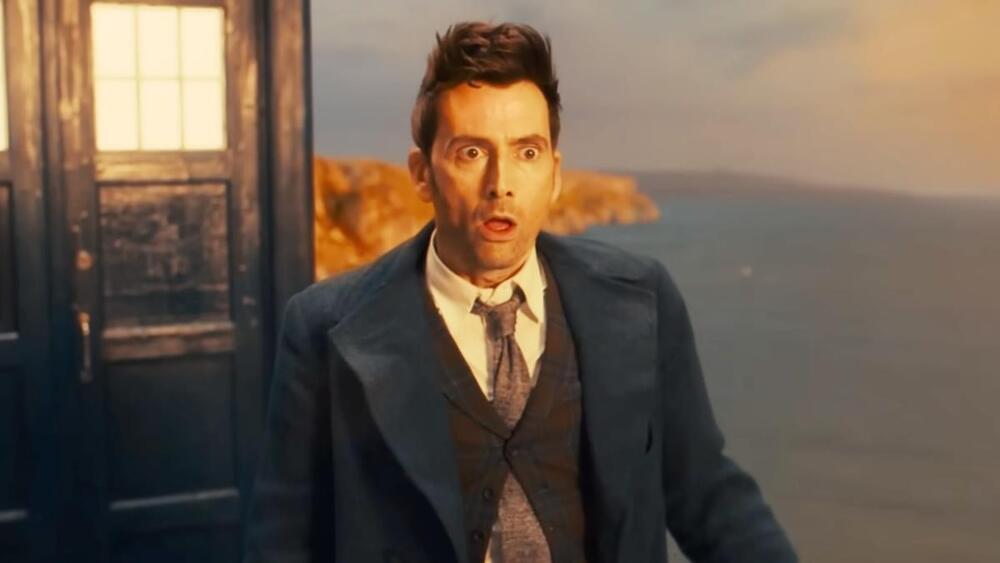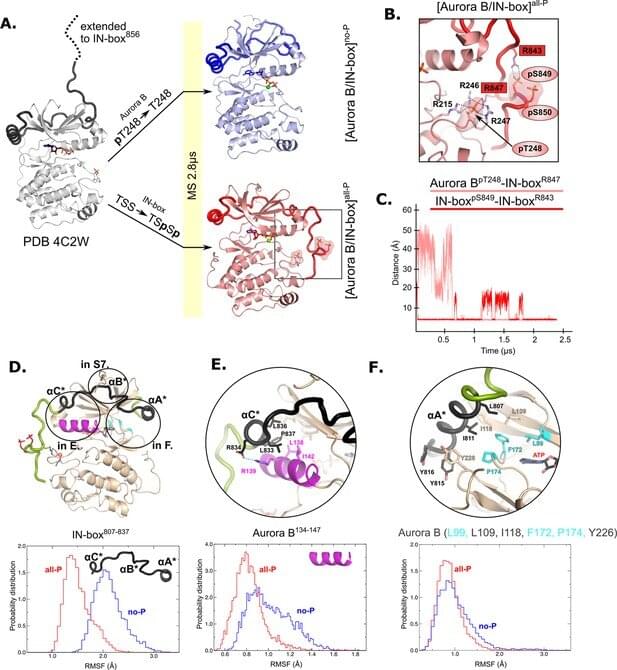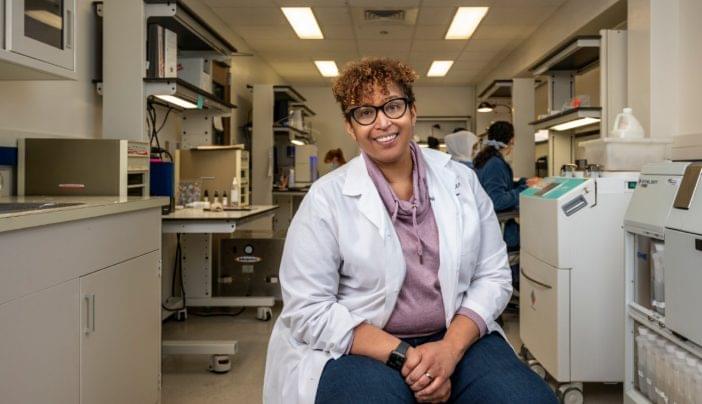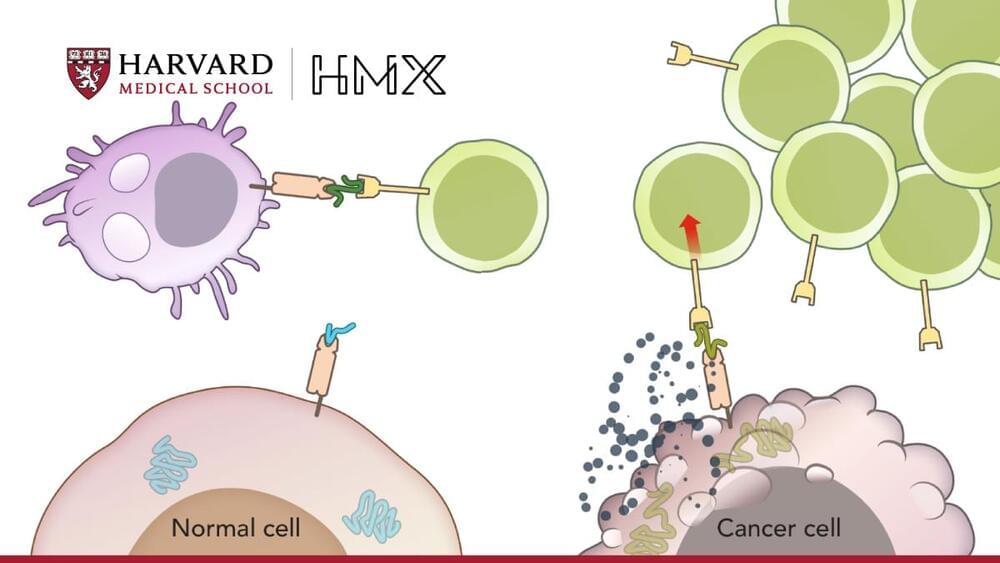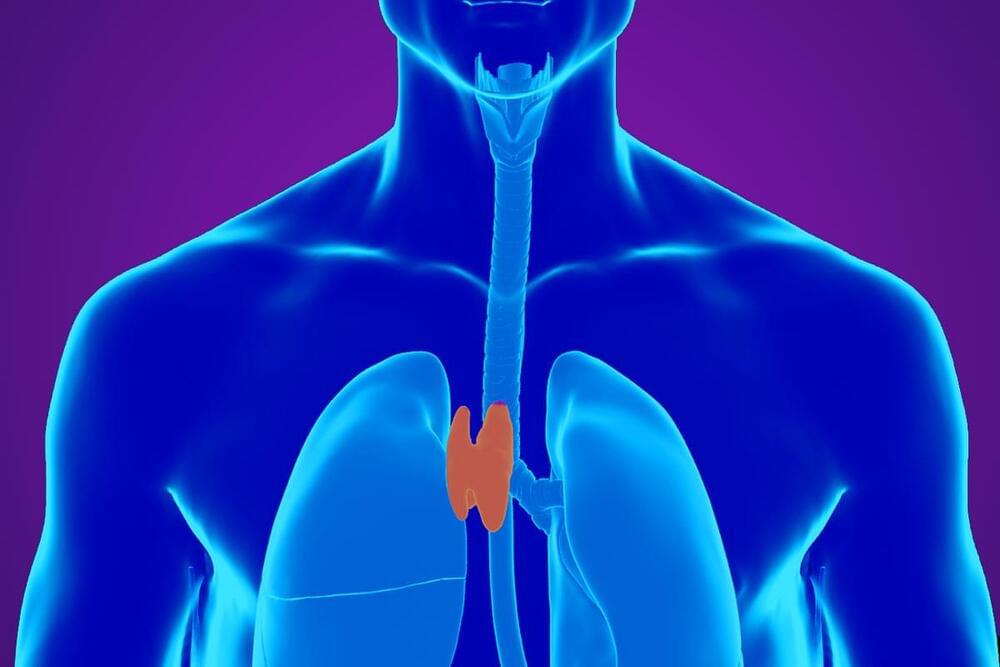An older research article and I really hope I didn’t already post this, but isn’t this scary? Nevermind AI or nano, but the fact you don’t need that to mess with your mind? Oh and I’ve searched google and there’s nanoparticles in meds, including psych meds. EMF could potentially mess with that or the minerals in your body but I’m not an expert. But we do have iron in our blood. I read that EMF can affect the blood brain barrier as well. I know there’s issues with people saying they’re targeted individuals, but with instructions online on how to make a microwave gun, especially on youtube, and there’s a Wired Magazine article about a court case where a judge ordered a man to stop EMF targeting a former business partner over an argument over a business deal. Yup, the 21st centure is bringing more than guns and knives and fists into the foray.
From our archives. This important article first published by GR in August 2004 brings to the forefront the role of Psychotronic weapons as an instrument of modern warfare.

